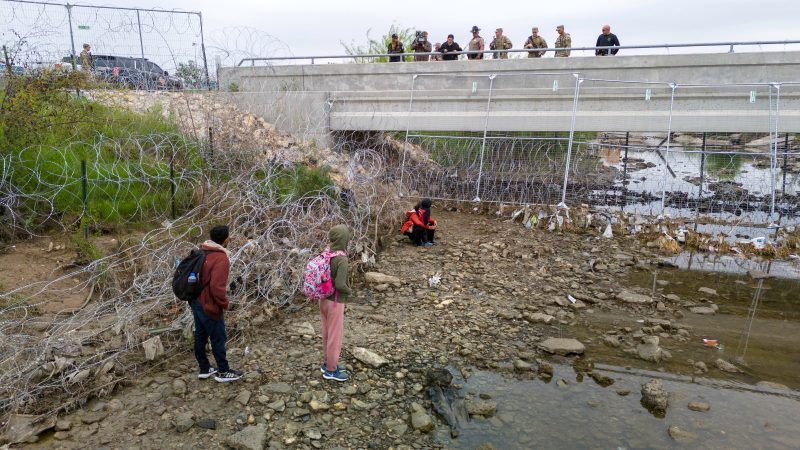
Texas Given Green Light by Supreme Court to Arrest and Deport Migrants
The recent ruling by the Supreme Court of the United States to allow Texas authorities to arrest and deport migrants has sparked a wave of controversies and debates across the nation. This decision has significant implications not only for the migrants at the center of the issue but also for immigration policy as a whole.
At the heart of this ruling is the question of state authority versus federal jurisdiction in matters of immigration enforcement. By greenlighting Texas to actively detain and remove migrants, the Supreme Court has seemingly empowered states to take matters into their own hands when it comes to controlling their borders.
Critics argue that this decision sets a dangerous precedent and undermines the federal government’s authority over immigration policy. They fear that allowing states to independently enforce immigration laws could lead to a patchwork of conflicting regulations and uneven enforcement practices across the country.
Furthermore, human rights advocates raise concerns about the potential violations of due process and the rights of migrants. They argue that local law enforcement may not have the necessary training or resources to handle immigration matters fairly and effectively, leading to potential abuses and mistreatment of migrants.
On the other hand, proponents of the ruling view it as a necessary step towards enhancing border security and deterring illegal immigration. They argue that states should have the right to protect their borders and ensure public safety within their jurisdictions, especially in the absence of comprehensive federal action on immigration reform.
However, it is essential to note that immigration is a complex and multifaceted issue that cannot be solved through unilateral actions or blanket policies. Addressing the root causes of migration, such as poverty, violence, and instability in migrants’ home countries, requires a comprehensive and compassionate approach that goes beyond enforcement measures.
As this ruling unfolds and states begin to exercise their newfound authority over immigration enforcement, it is crucial for policymakers, advocates, and community members to engage in constructive dialogue and work towards solutions that uphold human rights, promote security, and address the underlying issues that drive migration.
Ultimately, the Supreme Court’s decision to allow Texas authorities to arrest and deport migrants is a reminder of the challenges and complexities that surround immigration policy in the United States. As the nation grapples with these issues, it is essential to strive for solutions that are just, humane, and respectful of the rights and dignity of all individuals involved.
